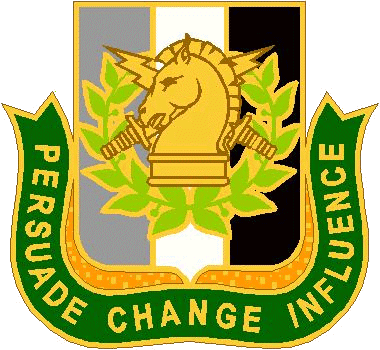
Press Release — Embargoed until 18 June 2010, 9:00 am Managua Time (GMT-7)
Managua, 18 June 2010 — As Nicaragua celebrates completion of its mine clearance activities, Central America becomes the world's first landmine-free region, said the International Campaign to Ban Landmines (ICBL) today. North and Central America, from the Arctic Circle to the Colombian border, are now free from the threat of landmines. This success demonstrates that with sustained efforts a mine-free world is possible.
“Communities in the region that suffered from conflict in recent history are now free from the threat of mines and can move on with rebuilding their lives,” said Yassir Chavarría Gutiérrez of the Instituto de Estudios Estratégicos y Políticas Públicas, the ICBL member in Nicaragua. “As Central America emerged from conflict, over a decade of mine clearance served as a regional confidence-building measure and embodied the Mine Ban Treaty's spirit of openness, transparency, and cooperation.”
Central American governments, the Organization of American States (OAS), and international donors showed significant political will and demonstrated the importance of international cooperation and assistance in mine action.
Of Central America's seven countries, five used to be mine-affected: Guatemala, Honduras, El Salvador, Nicaragua, and Costa Rica (the other two being Belize and Panama). All have met their mine clearance obligations under the Mine Ban Treaty, which requires that all known mined areas be cleared within ten years. Nonetheless, residual mine clearance capacity will still be needed in the region, including in Nicaragua, as there are still likely mines in weapons caches or emplaced in unknown areas.
“The job is not done now that all the mines have been cleared. Landmine survivors, their families, and communities require lifelong assistance. Government funding that previously supported clearance should now be channeled to victim assistance initiatives,” said Jesús Martínez, Director of the Fundación Red de Sobrevivientes, the ICBL member in El Salvador, and a mine survivor himself.
//
Colombia is among the world's states most affected by antipersonnel mines and Chile will likely meet its 2012 treaty-mandatory mine clearance deadline. Ecuador and Peru have made slow progress despite the relatively small amount of land remaining to be cleared, and Venezuela has yet to clear a single mine from six contaminated military bases.
Production
In the past, more than 50 countries have produced antipersonnel mines, both for their own stocks and to supply others. Cheap and easy to make, it was said that producing one antipersonnel mine costs $1, yet once in the ground it can cost more than $1,000 to find and destroy.
As of 2008, 38 nations have stopped production, and global trade has almost halted completely. Unfortunately, 13 countries continue to produce (or have not foresworn the production of) antipersonnel mines. For the latest updates see Landmine Monitor.
Nine of the 13 mine producers are in Asia (Burma, China, India, Nepal, North Korea, South Korea, Pakistan, Singapore, and Vietnam), one in the Middle East (Iran), two in the Americas (Cuba and United States), and one in Europe (Russia).
At the same time some non-state armed groups or rebel groups still produce home-made landmines such as improvised explosive devices.
Related:
+ Video: Sniffer Rats Take Over Mozambique's Landmines








